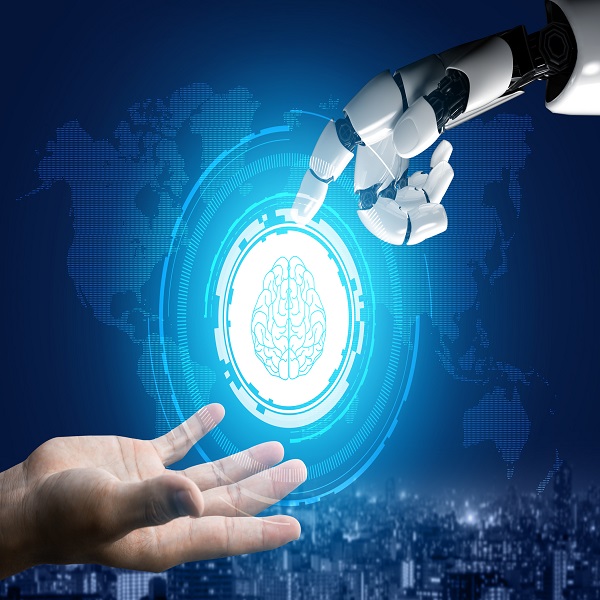We regulate the practice of Orgtology.
What is Orgtology?

Orgtology studies workplace systems and dynamics with the aim to increase performance and ensure relevance. The word is a blend between "organisation" and the Greek word "-logy", meaning the science of organisation. An Orgtologist can help organisations to perform and stay relevant. It holds eight core theories that deal with orgtelligence; work; results; leadership; team dynamics; and intrapersonal wellbeing.
What is Orgamatics?

Orgamatics is an orgtology field of study. Through this, we use scientific method to create strategy and drive operational efficiency. In so, it is key to grasp organisational systems. This includes orgtelligence (systems intelligence & human intellect), work (processes & projects), and results (efficiency & effectiveness). The term blends the words, "organisation" and "mathematics". It denotes the mathematical construct of an organisation.
What is Organamics?

Organamics is an orgtology field of study. In this field, we study the effect that people dynamics have on organisations. People can be abstract, unpredictable, and innovative. In so, they create a dynamic that is hard to grasp. We call this the X-Factor. It creates intrapersonal relations, teamwork, and leadership. These dynamics can change the nature of an organisation. The term blends the words, "organisation" and "dynamics".
Concept
| Term | Definition |
|---|---|
| Concept | A concept is a mental representation, abstract thought, or belief that we derive through cognition. We create concepts through mind. In other words, concepts originate beyond a physical realm. A concept takes physical form when we translate an idea to reality. In orgtology, the aim of concepts is to create models that become tools of application.
General Description...Concepts are mental representations, abstract objects or abilities that make up the fundamental building blocks of thoughts and beliefs. They play an important role in all aspects of cognition.In contemporary philosophy, there are at least three prevailing ways to understand what a concept is: Concepts as mental representations, where concepts are entities that exist in the mind (mental objects) Concepts as abilities, where concepts are abilities peculiar to cognitive agents (mental states) Concepts as Fregean senses (see sense and reference), where concepts are abstract objects, as opposed to mental objects and mental statesConcepts can be organized into a hierarchy, higher levels of which are termed "superordinate" and lower levels termed "subordinate". Additionally, there is the "basic" or "middle" level at which people will most readily categorize a concept. For example, a basic-level concept would be "chair", with its superordinate, "furniture", and its subordinate, "easy chair". A concept is instantiated (reified) by all of its actual or potential instances, whether these are things in the real world or other ideas. Concepts are studied as components of human cognition in the cognitive science disciplines of linguistics, psychology and philosophy, where an ongoing debate asks whether all cognition must occur through concepts. Concepts are used as formal tools or models in mathematics, computer science, databases and artificial intelligence where they are sometimes called classes, schema or categories. In informal use the word concept often just means any idea.
Hits - 1706
Synonyms:
Idea |
Our Featured Blog Articles
The Orgtology Club Leader Board
Our Latest Blog Articles
Orgtology Glossary
The Orgtology Club - Stream
-
Stream item published successfully. Item will now be visible on your stream.
-
Post is under moderationStream item published successfully. Item will now be visible on your stream.
-
Stream item published successfully. Item will now be visible on your stream.
-
Post is under moderationStream item published successfully. Item will now be visible on your stream.
-
Stream item published successfully. Item will now be visible on your stream.






